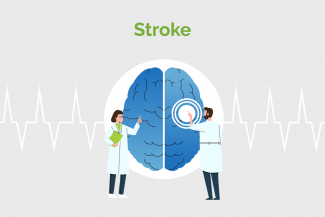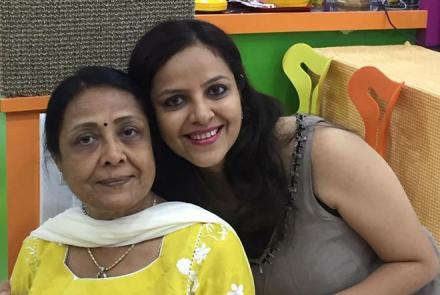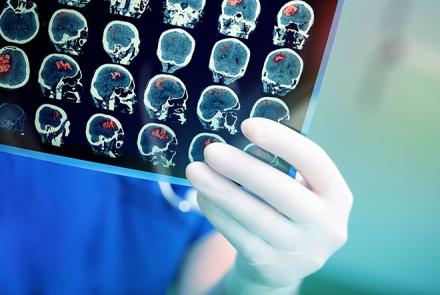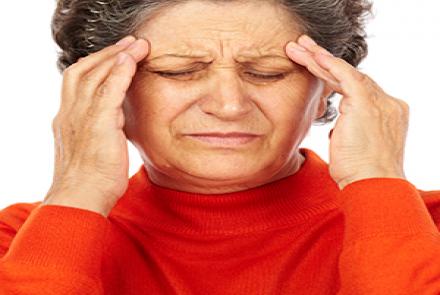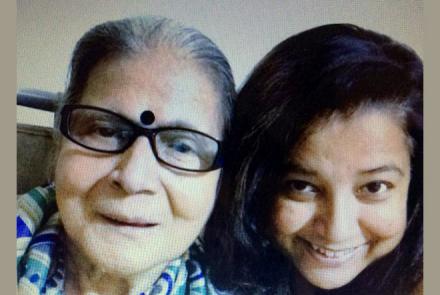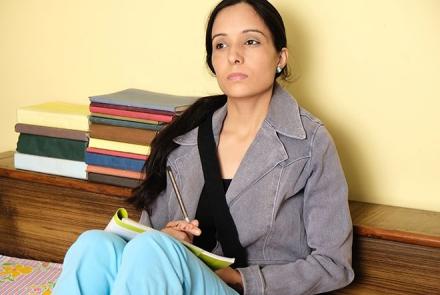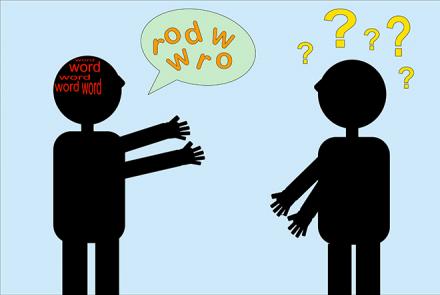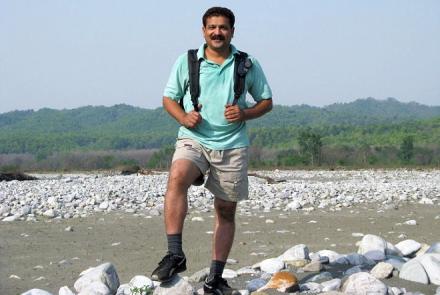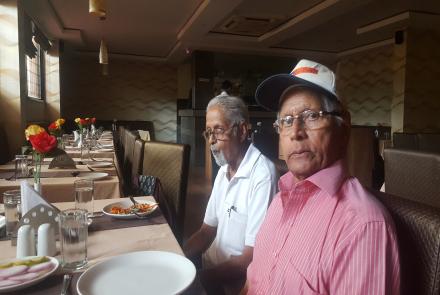
The primary goal of treating stroke patients is to restore blood flow to the brain. The doctor will consider some of the following options:
- Medications that dissolve the blood clot.
- Surgical procedures that can open up or widen arteries - either in the carotid artery or in the brain, wherever the blockage is located. The carotid artery is located in the neck, supplying blood to the brain, neck and face. There are two carotid arteries, one on the right and one on the left.
Once the patient is stable, the doctor may recommend
Rehabilitation: The nature of the rehabilitation process and the therapies will depend on the area of the brain affected, the amount of tissue damaged and the severity of the damage. It is common for the rehabilitation process to include speech therapy, occupational therapy and family education.
10% of stroke survivors recover almost completely. 25% recover with minor impairments after rehabilitation.
Rehabilitation specialists include:
• Physicians: Physiatrists (specialists in physical medicine and rehabilitation), neurologists, geriatricians (specialists in the elderly), family practice
• Rehabilitation nurses: They specialise in nursing care for people with disabilities.
• Physical therapists: They help to restore physical functioning by evaluating and treating problems with movement, balance and coordination.
• Occupational therapists: They provide exercises and practice to help the patient perform activities of daily living.
• Speech & Swallow therapists: They help improve language skills and swallowing techniques.
• Social workers: They assist with financial aid such as medical claims, govt schemes etc.
• Psychologists: They deal with the mental and emotional health of patients.
• Therapeutic recreation specialists: They help patients return to activities they enjoyed before the stroke or pick up new hobbies.
Read here a case study: Healing the mind after a Stroke

